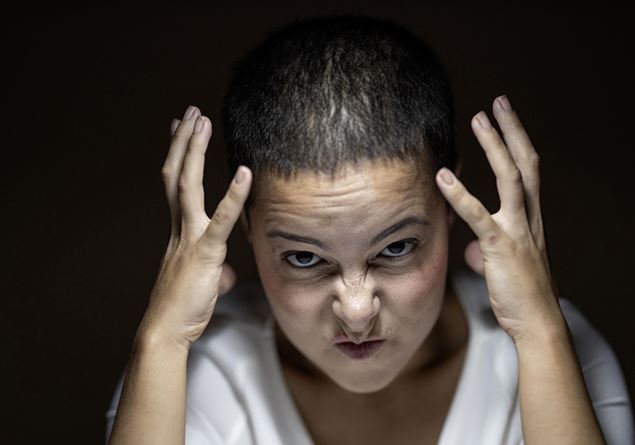I am a mother of four children aged 1 to 10. This afternoon at yet another request to clear the table and load the dishwasher I lost my temper (doesn’t happen to me often) ehor shouted like a crazy person that I never get help. Which isn’t true because everyone at home has their own tasks and in general they help out, based on their age.
The point is that I realized that I had done what my mother did with us children, I used the same words and violent mannerwhere I said them was the same as his. I felt guilty. How many times have I told myself that I would never be with my children like she was with us. And yet! I can’t figure out how to defuse this emotional circuit. I am aware that I have a wound inside, but I keep telling myself that I have my family now and it’s all over. I feel destabilized.
KATIA
Dear Katia, it’s very nice that you tell us one of yours fragility with this frankness and transparency.
It happens to all of us parents to return to the starting box. That is, to put on the scene of the “here and now” something that connects with the history we come from.
Often mothers and fathers are not aware that what happens to them in their relationship with their children is connected to what happened to them when they were children.
It happens that a father who slaps his son justifies the corporal punishment saying: “If you only knew how many I took as a child and how much good they did me.” We know that Corporal punishment is the worst educational tool available to a parent. And if you were beaten as a child, once you become a parent you should avoid doing so. Yet we often continue to re-enact the experiences we have lived through, even though we have not chosen them.
With this letter you demonstrate instead of be aware that what happened on the day you wrote it you want to remain a “mistake not to be repeated”. THEThe value of your testimony is high, because you demonstrate that you are aware of having made a mistake but at the same time you are able to understand the “hidden” reasons: you have understood that what happened has brought back to the scene something painful that you experienced when you were a child. To go further, you don’t need guilt.
What is needed, instead, is the awareness that immediately warned you that inside your screams it wasn’t actually you, as a mother, but there was your mother with you, when you were a daughter. Marina Balbo in the book The care of memories (Mondadori ed.) explains well why this awareness helps us overcome the small/large traumas of the history from which we come and how and why, if we have remained trapped in the pain of the past, psychotherapy with the EMDR method can be of enormous help.


